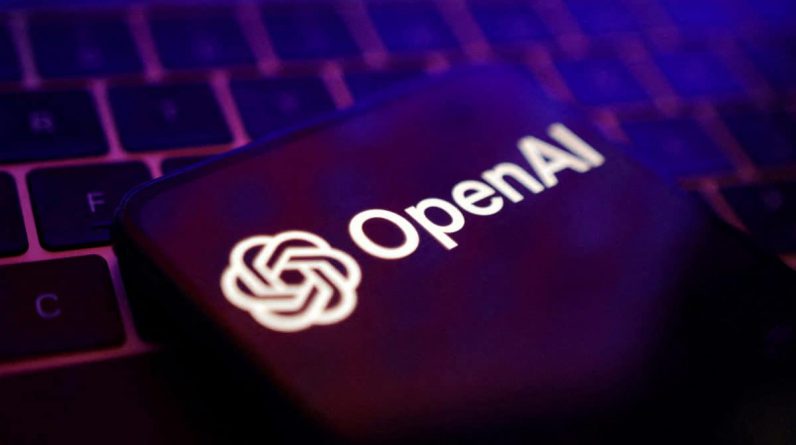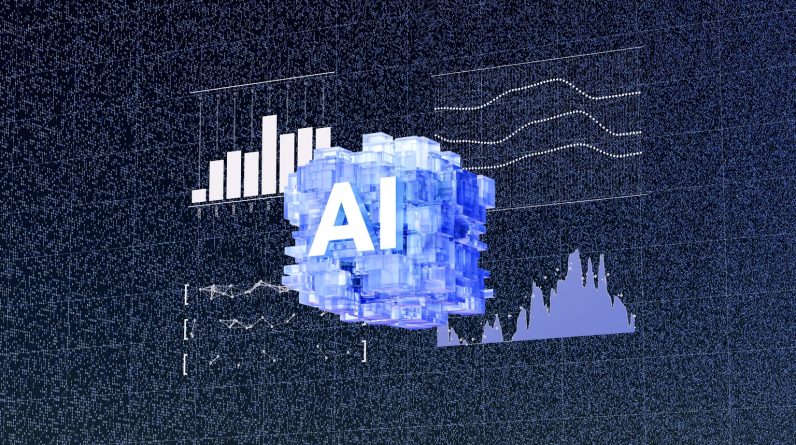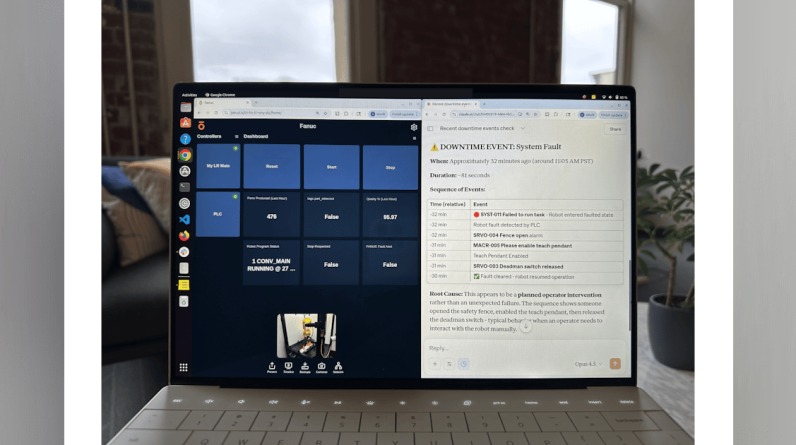
The introduction of Swarm has reignited discussions about the impact of AI-driven automation on the workforce. While multi-agent AI systems offer significant efficiency gains, there are concerns that such automation could displace human jobs, particularly in white-collar sectors
read more
OpenAI has rolled out Swarm, an experimental framework aimed at helping developers build and coordinate networks of AI agents. Although not an official product, Swarm provides a flexible structure that can guide developers in creating systems where multiple AI agents interact to perform complex tasks.
OpenAI has clarified that Swarm is more like a “cookbook” for experimental projects and will not be actively maintained or supported.
According to Shyamal Anadkat, an OpenAI researcher, Swarm is intended to be lightweight, controllable, and easy to test. This framework focuses on enabling seamless coordination between AI agents, each of which can act autonomously or pass tasks to other agents as needed.
These individual agents, defined by instructions and tools, can represent anything from a single workflow step to a more complex process such as data retrieval or transformation.
How Swarm works
Swarm offers developers a guide for structuring networks of interconnected agents capable of operating with minimal human intervention. The framework revolves around two core components: agents and handoffs.
An agent is a self-contained entity that performs specific tasks, while a handoff allows one agent to transfer responsibility for a task or conversation to another agent, ensuring smooth collaboration.
The code for Swarm has been made publicly available on GitHub, allowing developers to explore and experiment with it for free. Early adopters have already demonstrated the framework’s potential, creating open-source projects featuring hierarchies of AI agents—each with distinct roles and responsibilities.
Swarm’s design makes it suitable for various enterprise applications, such as automated customer support, marketing campaign development, and sales lead generation, all with limited human involvement.
The debate around multi-agent systems
The introduction of Swarm has reignited discussions about the impact of AI-driven automation on the workforce. While multi-agent AI systems offer significant efficiency gains, there are concerns that such automation could displace human jobs, particularly in white-collar sectors. Some argue that automation could cause mass layoffs, while others believe that it will reshape the nature of work, creating new roles as older ones become obsolete.
Beyond employment concerns, security and bias risks also come into play. Networks of autonomous agents could malfunction or make decisions based on biased data without human oversight, potentially leading to unintended outcomes. OpenAI acknowledges these risks and encourages developers to implement their own evaluation frameworks to test the performance and safety of their AI swarms.
Swarm reflects the growing trend within the tech industry towards building sophisticated, autonomous AI systems. As companies explore these new frameworks, robust safeguards will be essential to ensure these technologies are deployed responsibly.






